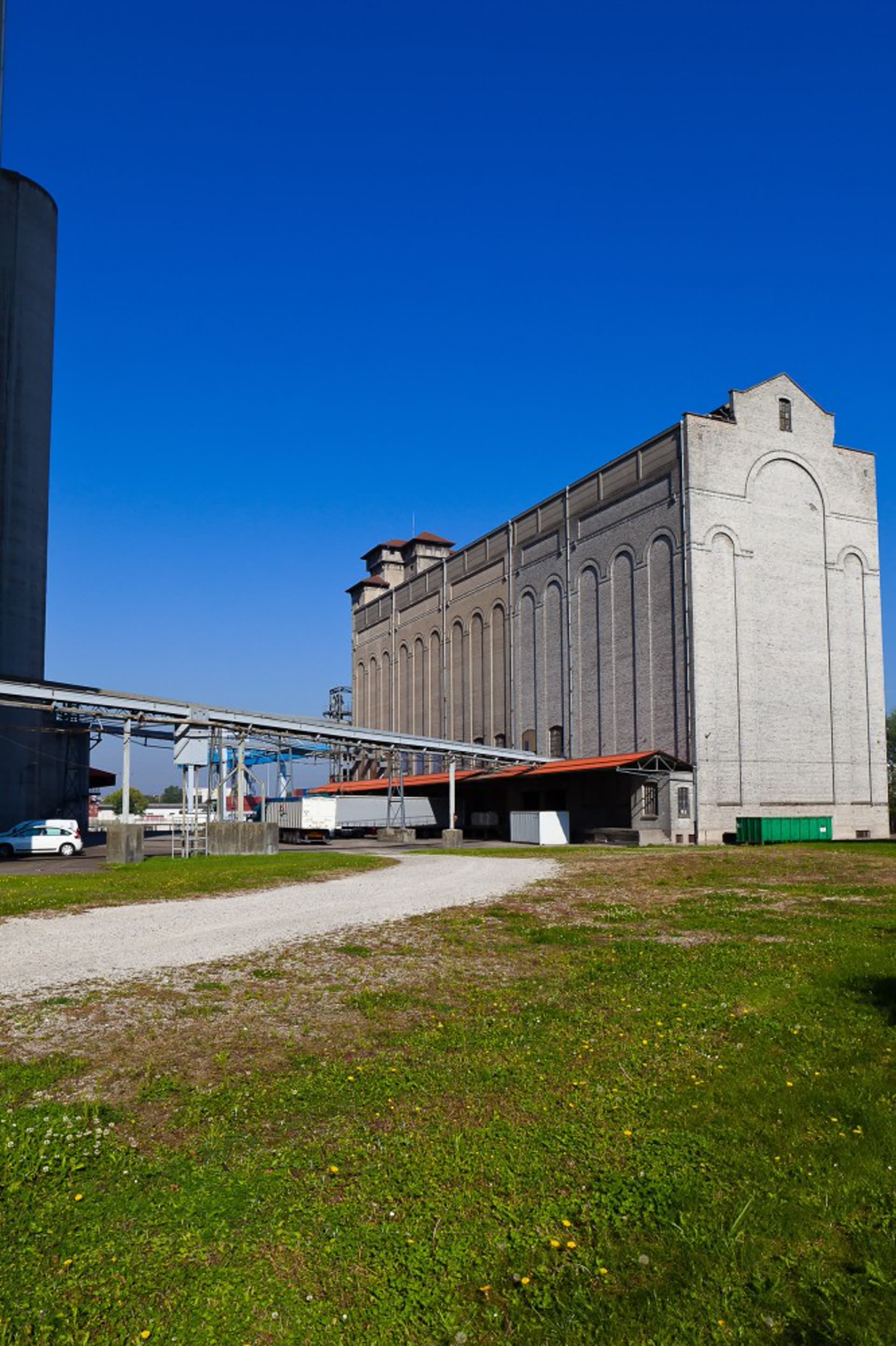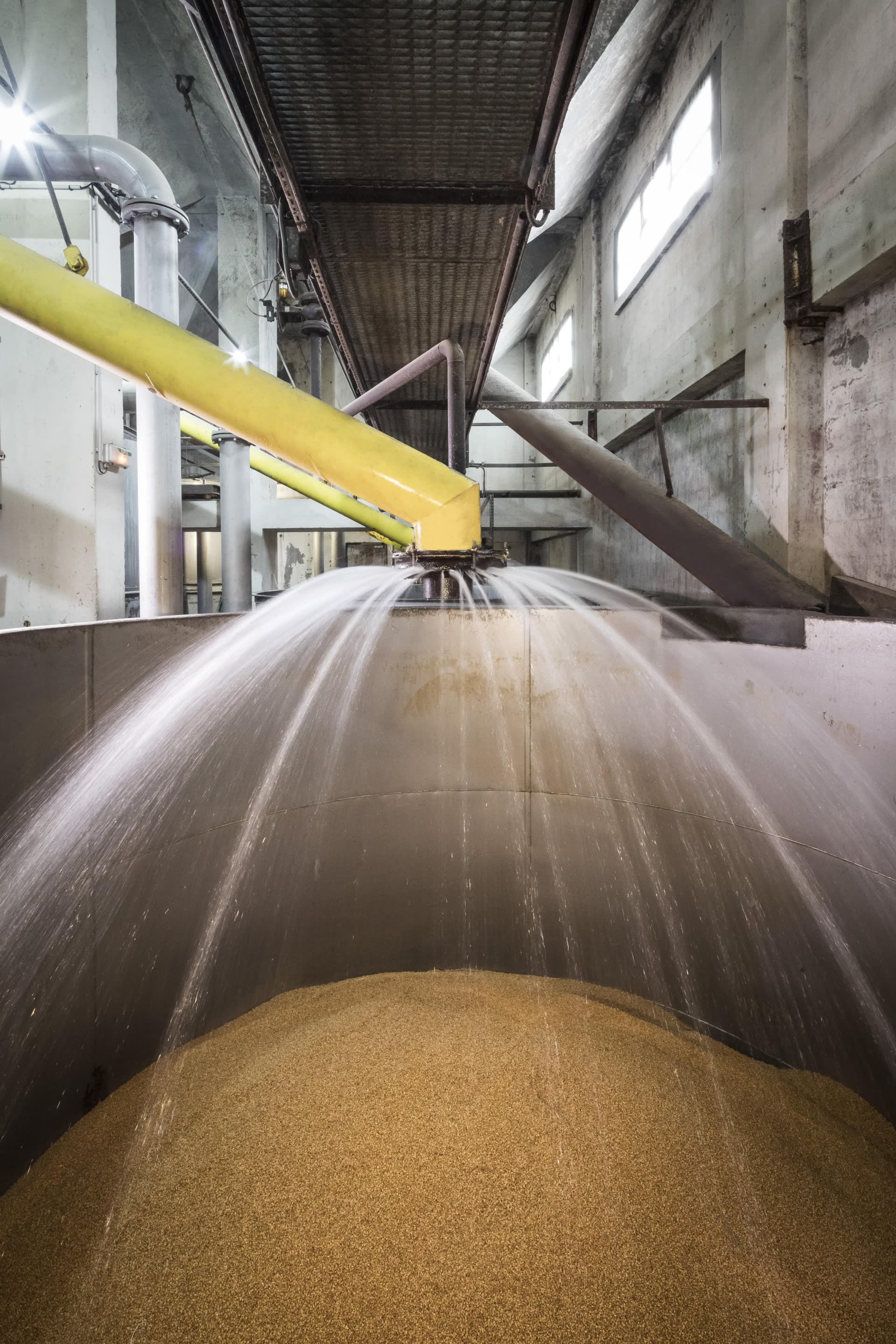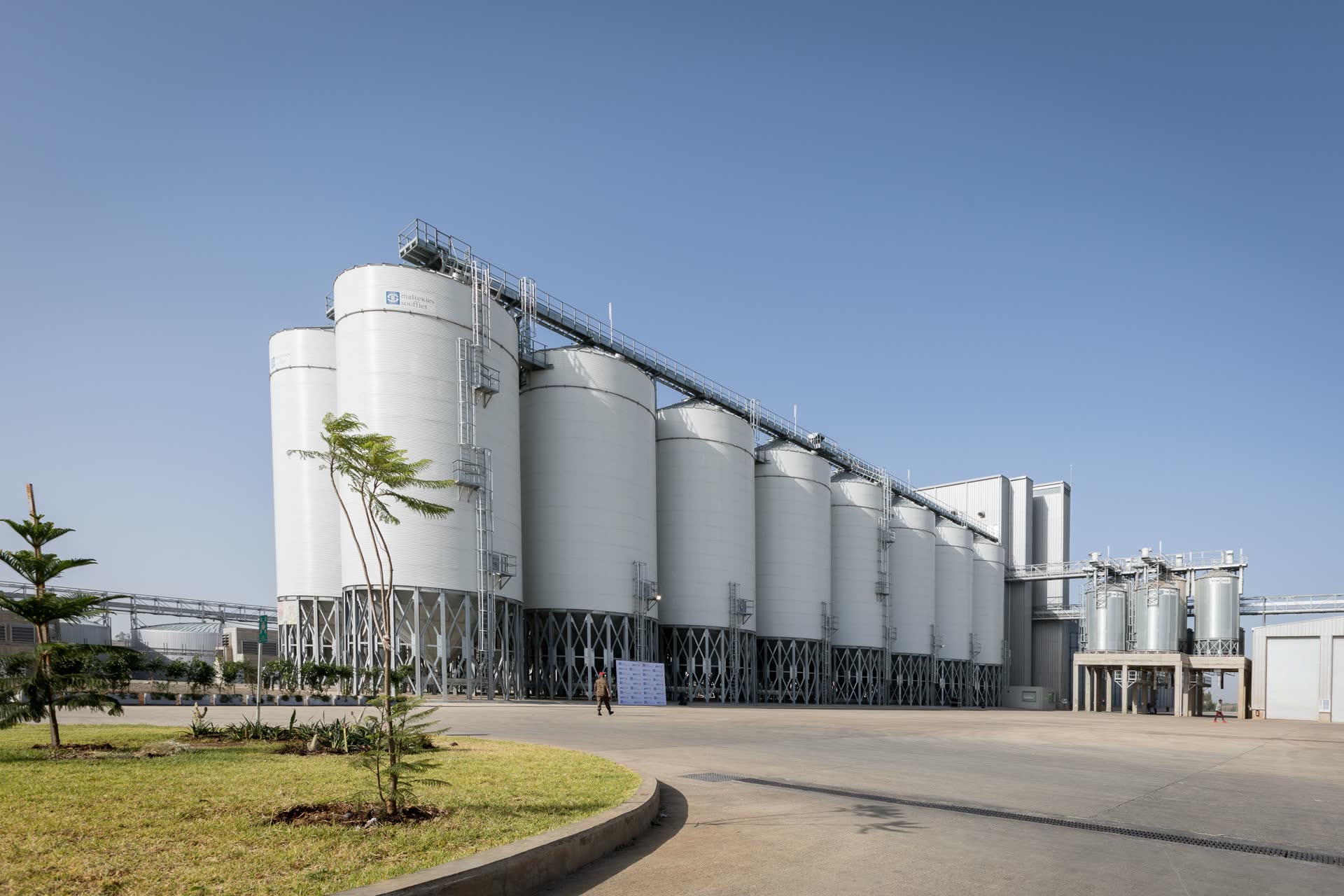Waste heat recovery in Strasbourg
A virtuous solution to reduce our consumption
In order to reduce the energy consumption of our production sites and to provide our customers with an ever more sustainable malt, we constantly analyse our consumption and look for ways to optimise it. As a result, many projects are implemented each year to help us achieve our ambition of a 50% reduction in carbon emissions by 2030. In 2022 and early 2023, we were able to install a trigeneration plant at our Poznan site in Poland. We also managed to install photovoltaic panels to power our malt house in Hodonice, Czech Republic. In France, we signed a hot water procurement contract with R-CUA, the urban heating network for the east of France, a regional operator of energy and environmental efficiency services, for the supply of totally decarbonised waste heat recovery. This project, born in 2019, is currently being implemented and will be operational in 2023 in our Strasbourg malt house.
The example of the Strasbourg malt house
The Strasbourg malt house is located in the Port du Rhin area, a district that is currently being redeveloped. The former industrial zone had been abandoned for several years. Today, the region has decided to give it a new lease of life by building housing and cultural attractions such as events and a concert hall. In this context, redevelopment work has been carried out, including underground. We noticed that pipes carrying hot water from the biomass waste heat of a paper mill located near our Strasbourg site passed within a few metres of our malt house. So there was a real opportunity to recover this waste energy. Waste energy is energy that is considered to be lost if it is not used when it is available. This includes, for example, residual energy produced during industrial processes.
After initial contact in 2019, feasibility studies and negotiations were carried out, and an agreement was signed in June 2022. The project with R-CUA was born.
“This project is fully in line with Malteries Soufflet’s CSR strategy, an important part of which is based on optimising the energy efficiency of existing production equipment and increasing the use of renewable energy in the energy mix,” says Angélina Berthelin-Schmieder, Energy Manager.
Energy decarbonised twice over!
In the short term, the objective of this collaboration between the Strasbourg malt house and R-CUA’s R-PAS heating network is to recover the heat released by the fumes from the Blue Paper biomass plant, a paper manufacturer located a few metres from our site. This energy is therefore decarbonised twice over.
Work to connect the underground pipes for hot water circulation began in October 2022. The hot water will then be fed into the malt house’s existing circuit, in particular to meet the energy requirements of the kilning phase. Operational from the first half of 2023, this project represents a considerable step forward for our Strasbourg site, which boasts a particularly virtuous energy mix.
Thanks to the energy from this process and the occasional top-up from heat pumps, the site’s gas consumption can be significantly reduced. Various projects of this type are being studied at our other malt houses. For example, we are looking at the industries adjacent to our production sites to study the possibility, as with R-CUA, of creating hot water networks in order to make better use of waste energy.




